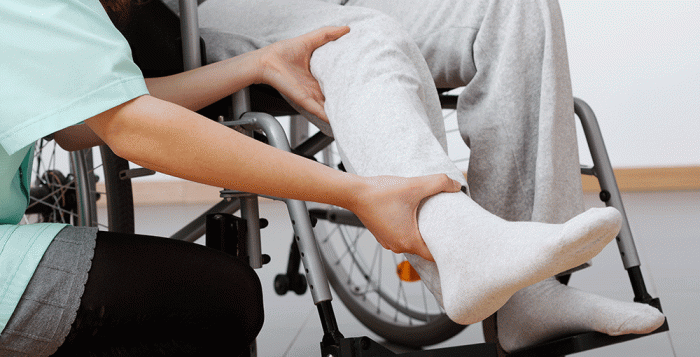The Department of Health’s (DOH) Traumatic Brain Injury (TBI) Advisory Board, established under section 1252 of the Federal Traumatic Brain Injury Act of 1996 (42 U.S.C.A. § 300d-52), will hold a public meeting on Friday, May 10, 2019, from 10:00 am to 2:30 pm. The meeting will be held in the large conference room of the Community Center, 2nd Floor, Giant Food Store, 2300 Linglestown Road, Harrisburg, PA 17110.
Currently in Pennsylvania, nearly 250,000 individuals are living with brain injury. Every year, on average, 8,600 residents of this Commonwealth sustain long term disabilities from brain injury. The DOH’s Head Injury Program (HIP) strives to ensure that eligible individuals who have a TBI receive high quality rehabilitative services aimed at reducing functional limitations and improving quality of life. The Advisory Board assists DOH in understanding and meeting the needs of persons living with TBI and their families. This quarterly meeting will provide updates on a variety of topics, including the number of people served by HIP. In addition, meeting participants will discuss budgetary and programmatic issues, community programs relating to traumatic brain injury, and available advocacy opportunities.
For additional information, or for persons with a disability who wish to attend the meeting and require an auxiliary aid, service, or other accommodation to do so, contact Nicole Johnson, Division of Community Systems Development and Outreach, 717-772-2763, or for speech and/or hearing-impaired persons, contact V/TT 717-783-6514, or the Pennsylvania AT&T Relay Service at 800-654-5984.














